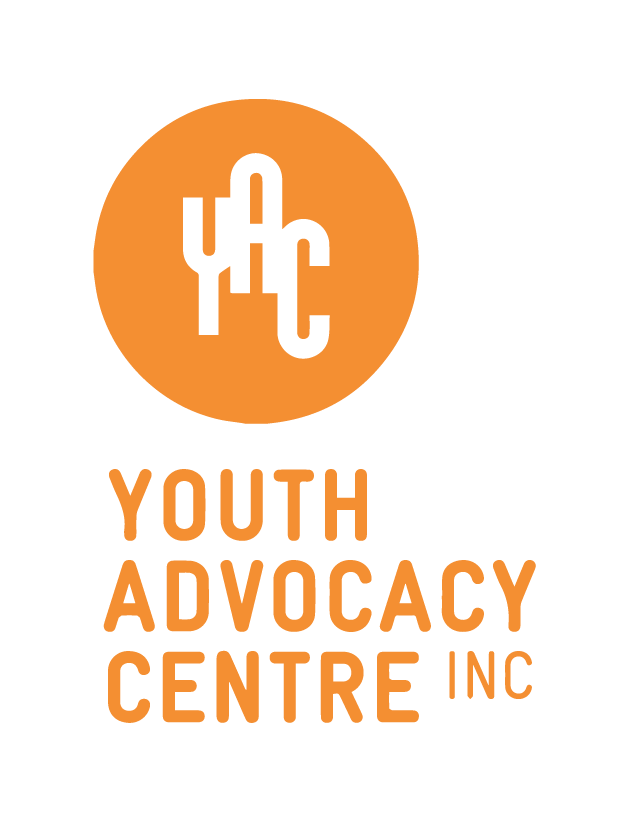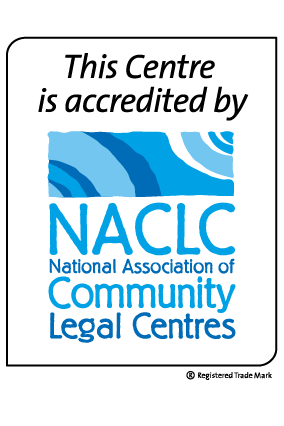Driving - Drugs and Alcohol
What are the laws around driving in relation to drugs and alcohol?
What is a vehicle?
A vehicle is any type of transport with wheels and includes a motor vehicle, bicycle and a ‘wheeled recreational device’ (rollerblades, roller-skates, skateboard, and scooter (with or without an electric motor).
What is a motor vehicle?
Motor vehicles are cars, motorbikes, jetskis, any other vehicle with an engine. This includes boats.
What if I am driving and I have been drinking or taking drugs?
It is an offence for you to have any alcohol at all and drive or try to drive a motor vehicle if you are a learner (on L Plates) or a person on P Plates, as your blood-alcohol level has to be 0.00. When you are off your P plates, the limit is generally 0.05. But this does not apply, if driving is your job; or if you are on a probationary licence following your driver’s licence being suspended.
It is also an offence to drive, try to drive, or be ‘in charge’ of a motor vehicle anywhere if you are affected by alcohol, illegal drugs, or legal drugs which a doctor has prescribed for you. For any other type of vehicle it is an offence if you are on a road – however, ‘road’ doesn’t just mean the street.
So, it would be an offence to be ‘under the influence’ of (affected by) drugs or alcohol and have your skateboard at the local shopping centre car park but this would not be the case if you were on the grassed area of the local park. (BUT: you could still be picked up for being drunk in a public place).
What does being ‘in charge’ of a motor vehicle mean?
Being ‘in charge’ of a motor vehicle can include having the keys to a car or being the only person in the car even though the engine isn’t running. Being asleep in the back of a parked car can be enough for police to charge you if the police breath test you, and you are over the limit that applies to you. (It is also an offence to be affected by alcohol and be in charge of an animal on a road: for example, a dog or a horse.)
When can the police ask for a breathalyser/breath test?
A police officer can stop you and ask you to take a breath test if:
- you are driving or trying to drive a motor vehicle(car, motorbike, jetski, any other vehicle with an engine or a boat)
- you are the person who seems to be ‘in charge’ of the motor vehicle
- the police officer believes that, during the three hours before asking you to take the breath test, you drove or tried to drive a motor vehicle or were in charge of a motor vehicle)
- the motor vehiclehas been involved in an accident and the police officer believes you were the driver or person in charge.
For any vehicle (including bicycle, rollerblades, rollerskates, skateboard, and scooter), if a police officer has arrested you because they think that you are affected by alcohol – for example because of the way you are driving or riding – the officer can ask you to take a breath test.
Can I refuse to take a breath test?
It is an offence to refuse to take a breath test. If the police want to breath test you in relation to a motor vehicle, you may also be charged with a more serious drink driving offence even though you may not have had any alcohol at all. The police officer can take you to the nearest police station – by using reasonable force if necessary.
What about saliva, blood or urine tests?
There are similar laws for saliva tests for drugs and driving as for breath tests.
You could also be asked to take a blood or a urine test if the police think your behaviour shows you are affected by alcohol or drugs but the levels of the breath or saliva tests you took were low or nil. You can be charged with an offence if you refuse to take these tests. These tests must be administered by a doctor or a nurse.
What will happen if the police think I have been drinking or taking drugs?
If the police believe you were driving, trying to drive or were ‘in charge’ of any vehicle when affected by alcohol or drugs; or you have an alcohol limit above what applies to you for a motor vehicle, then:
- you can be arrested, taken to the police station and have to go to court
- if found guilty, you can be given a fine or another sentence.
If you are found guilty of offences involving a motor vehicle:
- your licence can be cancelled
- you can be disqualified from holding a licence for a certain amount of time.
Browse other legal topics
This sheet is intended to provide general legal information about the law in Queensland. This information is not legal advice. If you have a particular legal problem you should contact a solicitor for legal advice. Below is a list of agencies that might be able to assist you, including legal agencies.
This sheet was last reviewed and updated in October 2023. The Youth Advocacy Centre does not accept responsibility for any action or outcome because of anyone relying on the information provided.
Who can help?
Remember that drug use can be harmful to your general health. A conviction for a drug offence may cause you problems in the future, for example when applying for a job or if you are going overseas. If you want more information call:
Youth Advocacy Centre (YAC) www.yac.net.au………………………….. 3356 1002
Legal Aid Queensland www.legalaid.qld.gov.au………………………. 1300 651 188
Youth Legal Advice Hotline………………………..………………………1800 527 527
YFS Legal www.yfs.org.au…………………………………………………. 3826 1500
Brisbane Youth Service www.brisyouth.org………………………………. 3620 2400
Adolescent Drug and Alcohol Withdrawal Service (ADAWS) www.kidsinmind.org.au………………………………………………………. 3163 8400
Hothouse (Drug and Alcohol Counselling Youth Program) …………………………………………………………………………………. 3837 5633
Aboriginal & Torres Strait Islander Legal Service www.atsils.org.au ……………………. 3025 3888 or (free call) 1800 012 255 (24hrs 7 days a week)
H.A.D.S. (Queensland Health)…………………………………………….. 3646 8704
Alcohol & Drug Information Service (24hrs)……………………………. 1800 177 833
QLD Injectors Health Network (QIHN) www.quihn.org …………….. 1800 172 076
Aboriginal and Torres Strait Islander Community Health Service (ATSICHS) ………………………………………… 3240 8900
Translating & Interpreting Service (24hrs) ……………………………… 13 14 50
Child Safety After Hours Service (24hrs) (DOC) ……………………………………………………. 3235 9999 or (free call) 1800 177 135
Community Legal Centres (CLCs) see www.naclc.org.au for your nearest CLC
Follow Us
Follow us on social media for information on laws, youth rights, and news.
Contact YAC
Street address: Level 4, 16 Peel Street, South Brisbane Q 4101
Mailing address: Level 4, 16 Peel Street, South Brisbane Q 4101
Tel: (07) 3356 1002
Bussiness hours: 9am - 5pm, Mon - Fri

If you need urgent assistance outside of these hours:
- Youth Legal Advice Hotline 1800 527 527 (Mon to Thurs 8am - 9pm, Friday 8am to Sunday 5pm)
- Kids Helpline 1800 551 800 (24/7, 365 days per year)
- Lifeline 13 11 14 (24/7, 365 days per year)
- Homelessness Hotline 1800 474 753 (24/7, 365 days per year)
- If you are over 18, and seeking access to Mental Health Services in Queensland, Acute Care Team on 1300 MHCALL (1300 64 2255).


